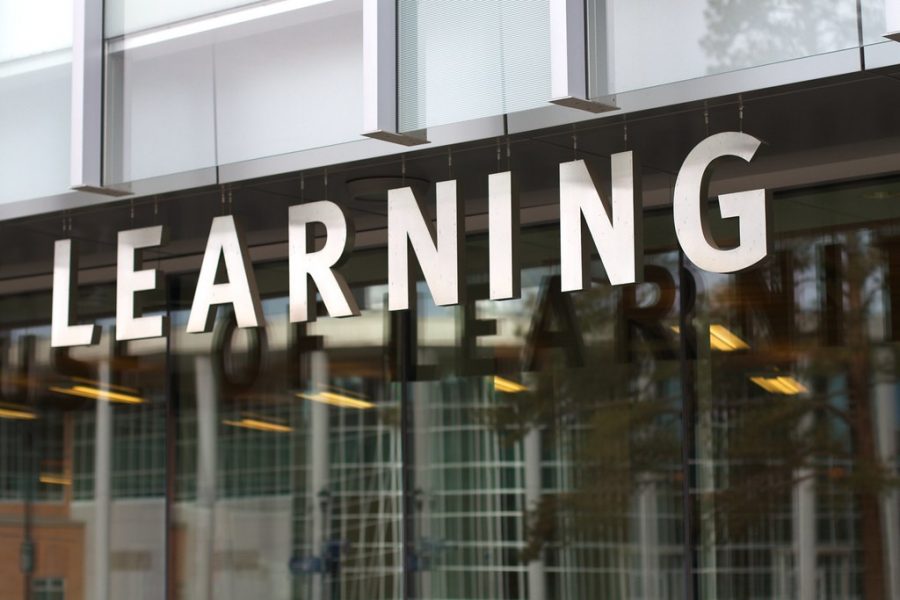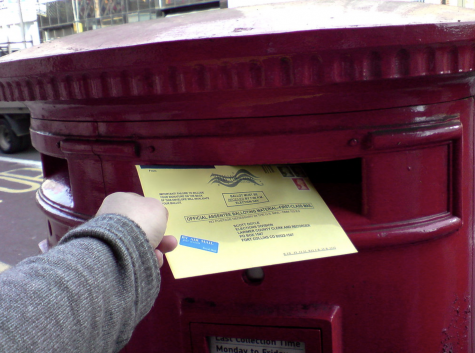Diversity Education— a Necessity, not a Privilege
“Learning is Hanging Out” by cogdogblog is licensed with CC BY 2.0. To view a copy of this license, visit https://creativecommons.org/licenses/by/2.0/
October 30, 2020
In the weeks after Columbus day, it seems necessary to point out how far the conversation has progressed regarding colonization, and how we frame our collective past. In the incredibly popular children’s book about the life and voyages of Christopher Columbus published in 1932 but popular until the mid 1970s, factually incorrect phrases like “Columbus invited six Indians back on his boat to Europe” are peppered throughout the book. That rhetoric was taught as the absolute truth. Decades later, we are facing a multitude of uncomfortable realities about our collective past and the effect it has on our identity today, not just about colonization. How do we address the deep and painful issues that plague our country and the world at large in our classrooms in a manner that is both accessible and accurate?
Truth, above all else, should be valued in education. What we are taught in adolescence has an effect on our perception of not only reality and the subject at hand, but also our morals and values, especially about such broad and incredibly important subjects like race, sexism, and colonization. Even in history, the truth is in the eye of the beholder and even if changes in education were executed perfectly, it would still look drastically different in disparate situations and learning environments. There are no simple rules, no straightforward answers like arithmetic or grammar. People today need to understand history and how it impacts the present.
Many students have taken the change and organized movements like California’s “Diversify your narrative” and The Save California Ethnic Studies Coalition who have successfully pushed Governor Gavin Newsom to sign AB 1460 and AB 33, which make ethnic studies a mandatory part of curriculum in state universities and high schools, respectively. Ethnic studies, in this context, includes Asian, African American, Hispanic American And Indigenous perspectives on historical, social, and economic issues.
Changes in the curriculum have not been met without opposition. In that same state of California in the Coronado school district, around 230 people have started a petition equating the anti-racist curriculum to “political indoctrination” and categorizing the organization Black Lives Matter as “a highly political Marxist organization with views that are rightfully alarming to anyone who believes in family, the Constitution, and civil society.”
Despite the tricky nature of teaching this type of content, a lack of it in any field can severely undermine a professional’s proficiency in their career. For example, an article published in the Journal of the American Academy of Dermatology stated “the coverage of dark skin at national meetings and in photographs in the major dermatology resources is limited and variable.” Without the knowledge of how specific topical illnesses present different skin tones (due to either implicit or explicit bias on the part of teachers or textbook writers) the next generation of healthcare practitioners are unable to perform the job for every race.
The example of medical professionals being impacted by race and gender bias also hurts women, specifically women of color. Studies suggest that 30 to 50% of women with depression were misdiagnosed, and even though women are twice as likely to suffer from ADHD, they are less likely to be diagnosed because female symptoms display differently. More alarmingly, black women are three to four times as likely to die from childbirth than their white counterparts. The lack of care given to marginalized groups has real life consequences.
The idea that learning about diversity and marginalized groups is a luxury, a lesson tacked on to the end of the syllabus, is completely false, especially when you consider that the abstract ideas discussed in class as hypotheticals actually affect the students. Understanding the issues that people face is part of becoming an aware citizen and just as much a part of preparation for the real world as any other subject. Part of equipping students with the tools they need to survive includes teaching them decency.












